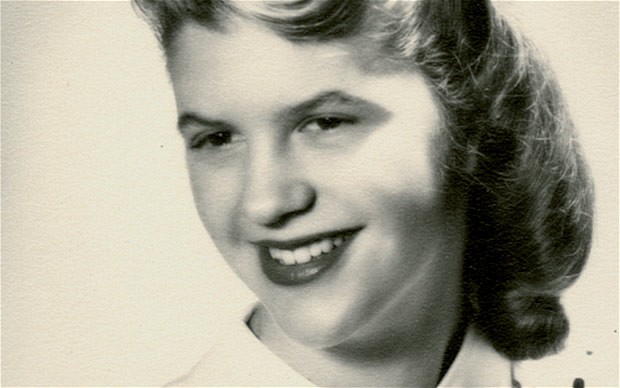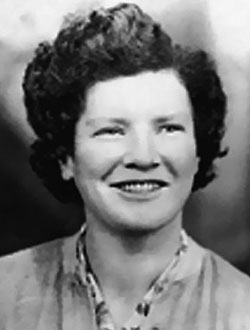My mind is restless and sluggish as this slow-moving storm. I've been trying to edit an essay, turning over and over a line Woolf jotted down in her diary. Pacing inside that one sentence for over a week, I realized I had misunderstood it. But I need time to fix my mistake, so I'm sleepless, listening to the rain, the tree limbs fall, the transformers blow, and smashing myself against these lines. Read them yourself and feel the flutter of your fragile heart.
Borrowed Love Poems
1.
What can I do, I have dreamed of you so much
What can I do, lost as I am in the sky
What can I do, now that all
the doors and windows are open
I will whisper this in your ear
as if it were a rough draft
something I have scribbled on a napkin
I have dreamed of you so much
there is no time left to write
no time left on the sundial
for my shadow to fall back to the earth
lost as I am in the sky
2.
What can I do all the years that we talked
and I was afraid to want more
What can I do, now that these hours
belong neither to you nor me
Lost as I am in the sky
What can I do, now that I cannot find
the words I need
when your hair is mine
now that there is no time to sleep
now that your name is not enough
3.
What can I do, if a red meteor wakes the earth
and the color of robbery is in the air
Now that I dream of you so much
my lips are like clouds
drifting above the shadow of one who is asleep
Now that the moon is enthralled with a wall
What can I do, if one of us is lying on earth
and the other is lost in the sky
4.
What can I do, lost as I am in the wind
and lightning that surrounds you
What can I do, now that my tears
are rising toward the sky
only to fall back
into the sea again
What can I do, now that the sky
has shut its iron door
and bolted clouds
to the back of the moon
now that the wind
has diverted the ocean's attention
now thata red meteor
has plunged into the lake
now that I am awake
now that you have closed the book
6.
Now that the sky is green
and the air is red with rain
I never stood in
the shadow of the pyramids
I never walked from village to village
in search of fragments
that had fallen to earth in another age
What can I do, now that we have collided
on a cloudless night
and sparks rise
from the bottom of a thousand lakes
7.
To some, the winter sky is a blue peach
teeming with words
and the clouds are growing thick
with sour milk
What can I do, now that the fat black sea
is seething
Now that I have refused to return
my borrowed dust to the butterflies
their wings full of yellow flour
8.
What can I do, I never believed happiness
could be premeditated
What can I do, now that I have sent you
a necklace full of dead dried bees
and now that I want to
be like the necklace
and turn flowers into red candles
pouring from the sun
9.
What can I do, now that I have spent my life
studying the physics of good-bye
every velocity and particle in all the waves
undulating through the relapse of a moment's fission
now that I must surrender this violin
to the sea's foaming black tongue
now that January is almost here
and I have started celebrating a completely different life
10.
Now that the seven wonders of the night
have been stolen by history
Now that the sky is lost and the stars
have slipped into a book
Now that the moon is boiling
like the blood where it swims
Now that there are no blossoms left
to glue to the sky
What can I do,
I who never invented anything
and who dreamed of you so much
I was amazed to discover
the claw marks of those
who preceded us across this burning floor
*John Yau's collection by the same name (Borrowed Love Poems) can and should be purchased. We are all found in every line.





